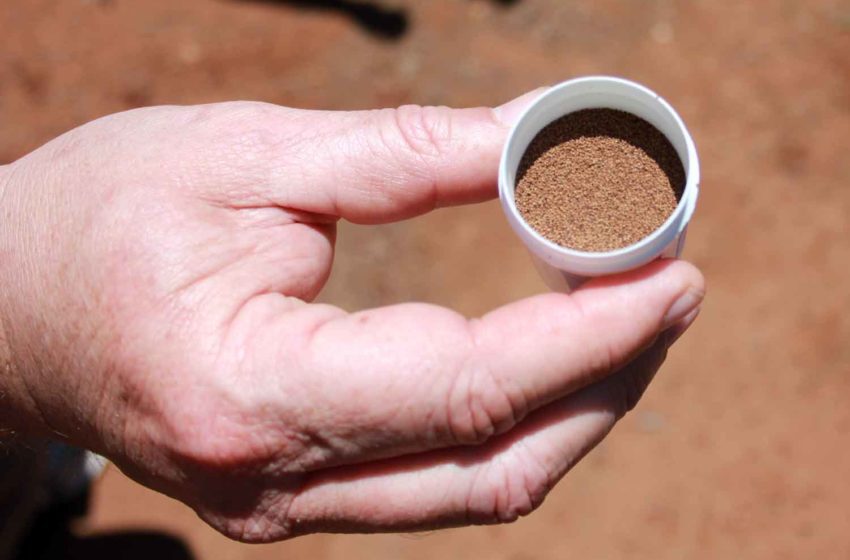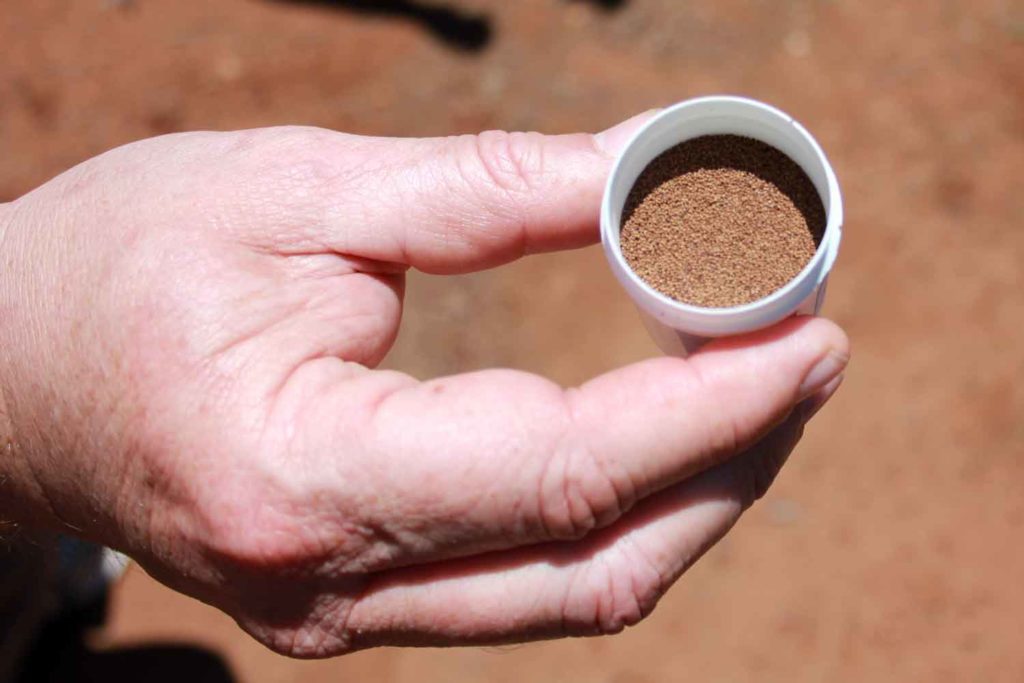Researchers out of Cornell University have successfully transferred key regions of red algae into a tobacco plant using bacteria as an intermediary, resulting in doubled photosynthesis and plant growth compared to tobacco grown with the unaltered protein, according to a story in the Cornell Chronicle.
The study centers on Rubisco, the most abundant protein across ecosystems. The protein performs the first step of photosynthesis by fixing carbon, but it is slow and struggles to differentiate between carbon dioxide and oxygen, often limiting plant growth and crop yield.
The researchers found a species of red algae, Griffithsia monilis (Gm), that contains Rubisco that is 30 percent more efficient at fixing carbon than Rubisco in other organisms. Laura Gunn and her co-authors of the study used the 3D structure of GmRubisco to successfully graft a small number of regions from Rhodobacter sphaeroides (RsRubisco) into a bacterial Rubisco.
“RsRubisco is not very efficient, but it is very closely related to GmRubisco—they’re like cousins—which means that unlike land-plant Rubisco, it accepts the grafted sequences,” said Gunn. “RsRubisco also doesn’t need any special chaperones for it to fold and assemble in land plants.”
Using the altered Rubisco increased the carboxylation rate by 60 percent, increased carboxylation efficiency by 22 percent and improved RsRubisco’s ability to distinguish between carbon dioxide and oxygen by 7 percent. When transplanted into tobacco, it doubled photosynthesis and plant growth compared to tobacco with unaltered RsRubisco.
“We’re not at the point where we’re outperforming wild-type tobacco, but we’re on the right trajectory,” said Gunn. “We only need fairly modest improvements to Rubisco performance because even a very small increase over a whole growing season can lead to massive changes in plant growth and yield, and the potential applications span many sectors: higher agricultural production; more efficient and affordable biofuel production; carbon sequestration approaches; and artificial energy possibilities.”
The research was supported by the Australian Research Council Centre of Excellence for Translational Photosynthesis, Formas Future Research Leaders and the European Regional Development Fund.




















